- Home
- slideshows
- miscellaneous
- Privacy activists fear the UK might spy on its own citizens to tackle COVID-19. Here's what we know.
Privacy activists fear the UK might spy on its own citizens to tackle COVID-19. Here's what we know.
Tracing sick people and who they have been in contact with is an effective way of curbing pandemics, as many countries learned during earlier outbreaks

Now that billions of people carry smartphones around, it makes sense that "contact tracing" becomes digital.
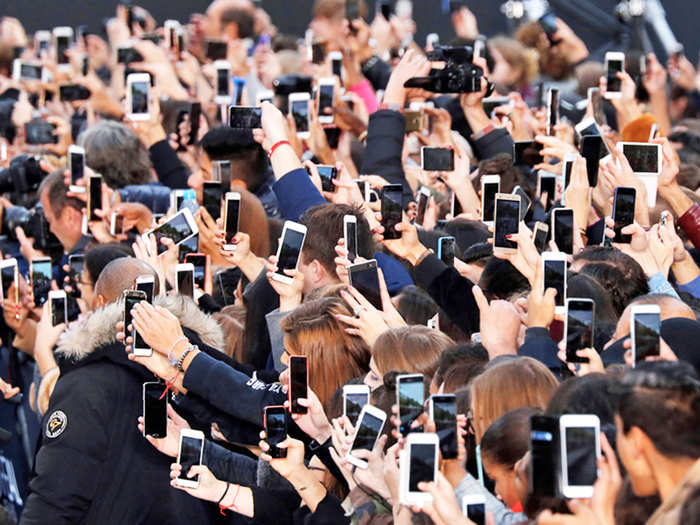
Singapore, Taiwan, and South Korea are among the countries that are using people's phones to keep track of those who are infected.
Singapore has asked people to download an app called TraceTogether that uses BlueTooth to monitor who else the user has been in contact with, and flag up if they've been near someone who might have the virus.
Taiwan is reportedly using a geo-fence that uses location tracking to make sure people are staying inside.
South Korea's tracking is among the most invasive during the pandemic, with the government broadcasting details of infected people's age, gender, and most recent location to those nearby via text message.
This has huge civil liberties implications.
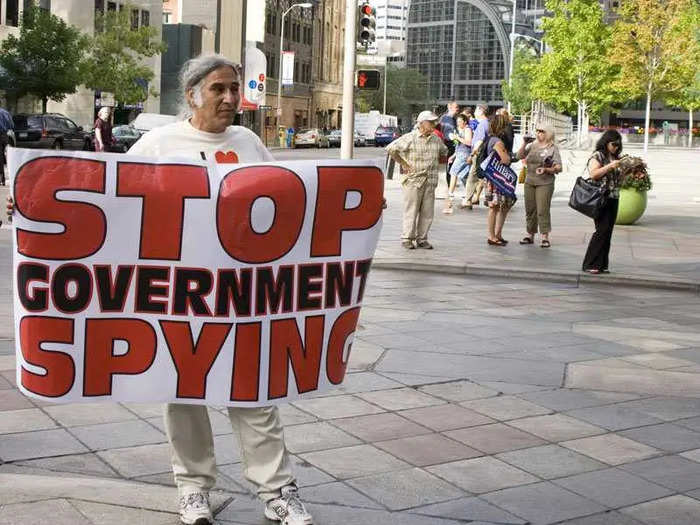
"Contact tracing, recording close proximity between people using Bluetooth, WiFi, or GPS data, could help efficiently notify people that they have earlier been in contact with someone now diagnosed with coronavirus and should self-isolate," notes the Computational Privacy Group.
"While potentially very effective, this also enables the collection of an extremely large amount of sensitive data."
Using phone data to track people is particularly shocking to citizens living in Western democracies who are not used to being surveilled.

Contact tracing has led to privacy infractions in Asian countries. Milo Hsieh, a journalist in Taiwan, wrote on Twitter: "My phone, which is satellite-tracked by the Taiwan gov to enforce quarantine, ran out of battery at 7:30 AM. By 8:15, four different units called me. By 8:20, the police were knocking at my door."
Meanwhile, Poland is asking coronavirus patients to download an app called Home Quarantine that requests regular, geo-located selfies. Those that don't comply might receive a police visit.
It looks more likely that most European countries will use aggregated, anonymised data as Italy has.

In Italy, mobile network Vodafone provided an "aggregated and anonymous" heat map for the badly affected Lombardy region. This showed how the wider population was moving around, and helped the authorities make decisions around combating the virus.
Countries including the UK, Germany, and Belgium have either implemented or are considering the use of aggregated, anonymized data to track how people are responding to lockdowns.
The UK is considering using location data to track people's movements. It is also thought to be building a separate contact tracing app.
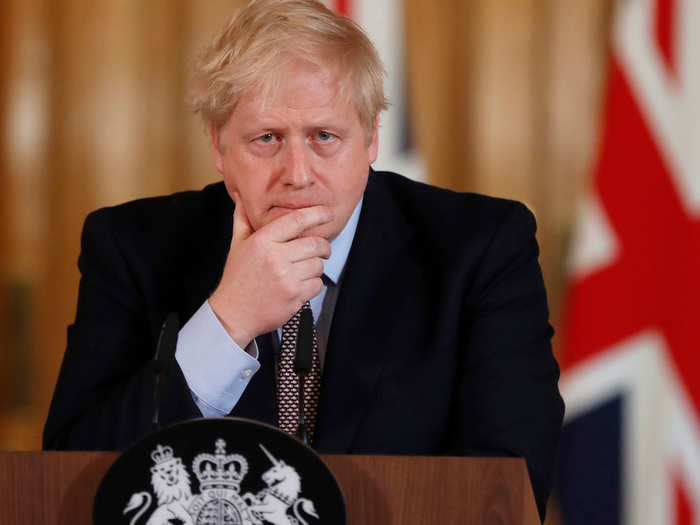
The government is in discussions with UK telecoms networks and Google about using mobile location data to help monitor COVID-19.
And according to the Health Service Journal, the digital transformation arm of the NHS is working on a contact tracing app, and potentially identifying at-risk people.
But it hasn't given any official detail and that is worrying.
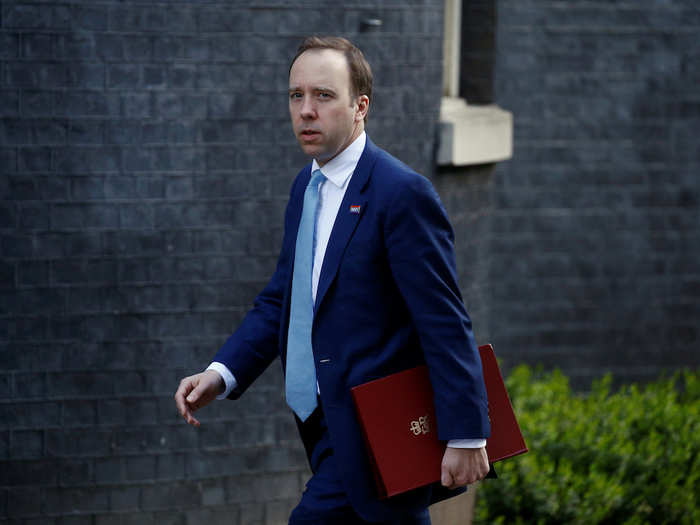
"As far as we know, there has been nothing from @10DowningStreet on data, what new measures are needed," wrote Open Rights Group director Jim Killock on Twitter. "Yet data is central to tackling COVID-19. There is a gaping hole in government announcements, but work is clearly going on."
Technologists and lawyers have called on the government to provide greater transparency around the contact tracing app.
"Contact tracking has been a successful factor in suppressing Coronavirus in South Korea, but those technologies and the South Korean social and political context cannot be reproduced in the UK," the group of technologists wrote in an open letter published on Medium.
The UK has been talking to the major mobile networks.
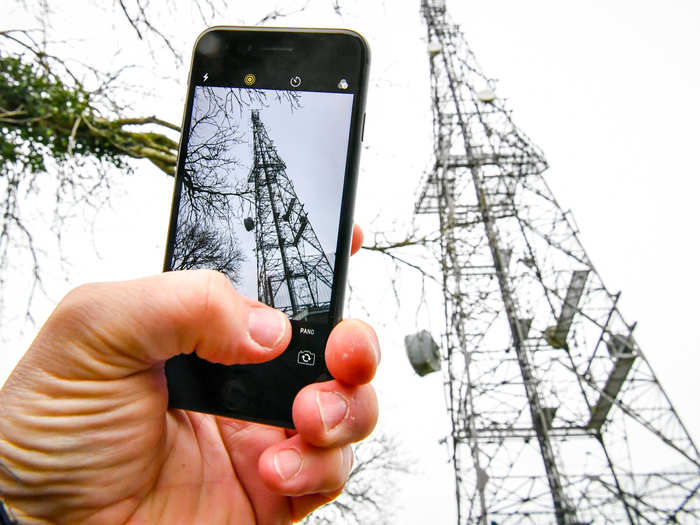
Three, EE owner BT, and O2 have confirmed they are talking to the government, although few details are available.
Three told BI: "We are committed to helping fight the spread of the coronavirus and are in discussions with government on how best we can assist."
O2 told Business Insider it was engaged in helping the government, but said it would not identify or map out individuals.
BT told The Guardian: "In relation to the use of mobile data, we are still actively exploring possibilities. As always, we are mindful of the privacy of our customers, while making sure we do everything that might help the medical authorities in the fight against coronavirus."
Google has indicated it might help map people's movements, but it won't hand over individuals' location data.
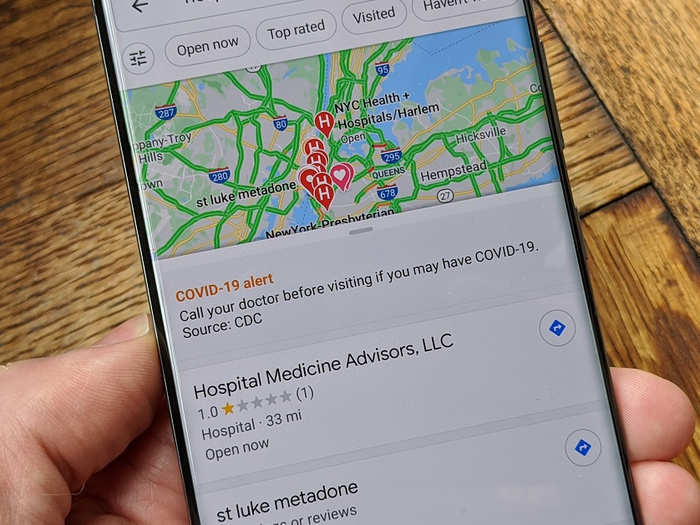
Google would not go into detail about specific talks but said it was looking at how "anonymised, aggregated" data might help governments. A spokeswoman told BI: "We're exploring ways that aggregated anonymized location information could help in the fight against COVID-19.
"One example could be helping health authorities determine the impact of social distancing, similar to the way we show popular restaurant times and traffic patterns in Google Maps. This work would follow our stringent privacy protocols and would not involve sharing data about any individual's location, movement, or contacts."
Google said it had had queries about the more invasive practice of contact tracing, or tracking individuals, but said it didn't have the appropriate data for this.
It isn't clear how this might interact with existing privacy laws.
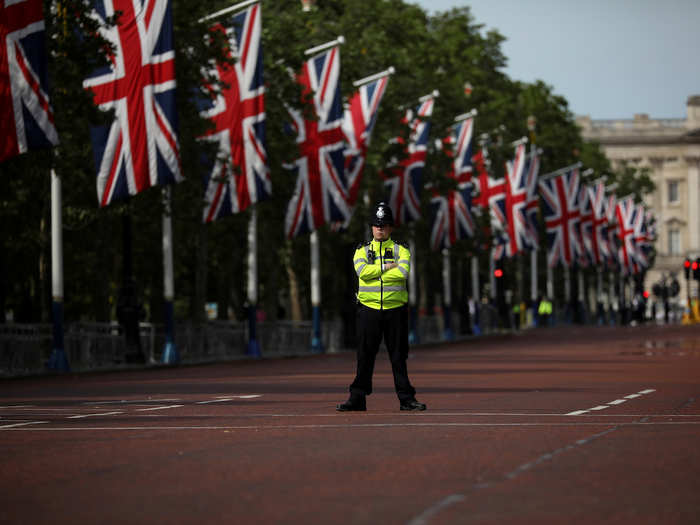
The UK is subject to Europe's privacy laws, the GDPR, which make it difficult to collect and retain sensitive personal data. However, there are exemptions if, for example, there is a health crisis. Using anonymised data may not breach any privacy regulation.
Privacy activists say the UK government could start tracking individual coronavirus patients — and their contacts — secretly.
Worryingly, activists say there isn't much to stop the UK government if it does decide to use more invasive tracking measures.
Silkie Carlo, director at privacy group Big Brother Watch, said a clause in the UK's Investigatory Powers Act meant the government could track people's phone data secretly.
She wrote: "Extraordinary thing is, UK authorities could already be using phone data to track symptomatic/diagnosed people. There'll be no announcement if or when it happens. The powers are there in Investigatory Powers Act and compel total secrecy."
Part 3 IPA, s61. No pre or post notification, no publication, nothing. Total secrecy if this power is used. pic.twitter.com/PAosyTMkDU
— Silkie Carlo (@silkiecarlo) March 22, 2020Popular Right Now
Popular Keywords
Advertisement